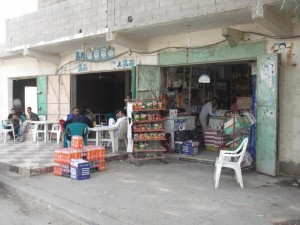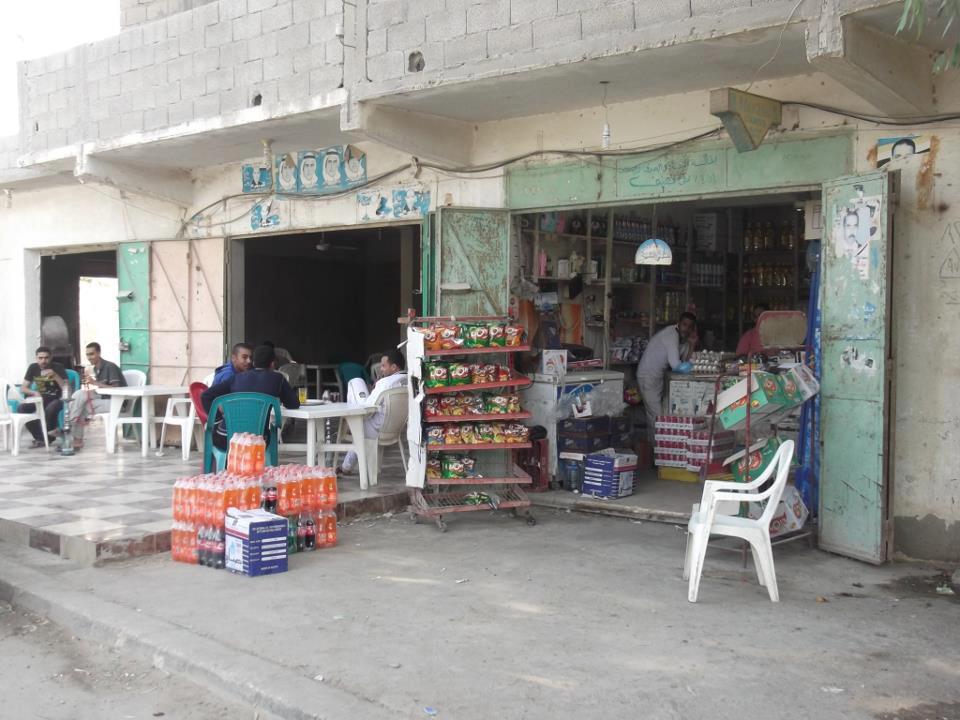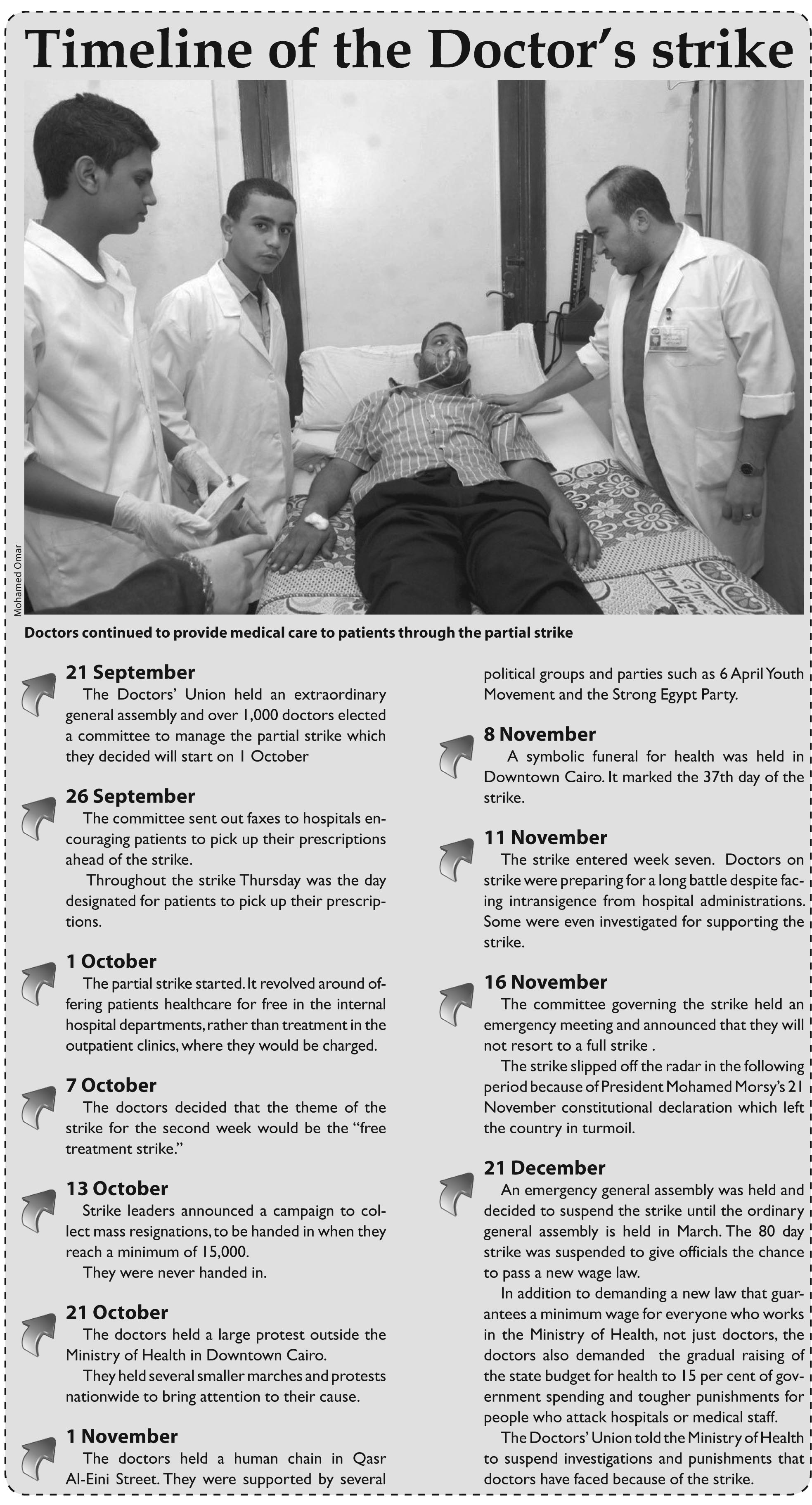
Nasser El-Azazy
By Basil El-Dabh and Nasser Elazazy
Rights groups are incensed by a decision to relocate Christian residents of Rafah after attacks on Christian property in the town. The groups say Christians should have the right to remain in their homes without fear and under the protection of the state.
Over a week ago a group of unidentified men distributed flyers in the North Sinai border town, threatening violence if Christians did not leave within 48 hours. The following Tuesday night, two masked men riding a motorcycle opened fire on a shop owned by a Copt, Mamdouh Nasif, who was fortunately not inside at the time.
The following day Major General Sayed Abdel Fatah Salem Harhour, governor of North Sinai, announced he would facilitate the relocation of Copts from Rafah to Al-Arish, capital of the governorate.
“This is not a solution” said local Coptic leader, Bishop Kosman, at a meeting with Muslim activists and civil society representatives Saturday. “The solution is for the state to provide a presence at the border and to protect our children, and not to leave it open to armed groups. If we allow this to happen, the next phase will be the displacement of the rest of the people and control of the region by these groups.”
Although the Rafah Copts moved to Al-Arish by choice, Kosman pointed out they should not have been so afraid that they felt compelled to leave their homes.
Sheikh Marei Araar, director of the North Sinai media centre and Rafah spokesman for the Salafi group, Salafi Calling, said the people of Rafah reject attacks on Christian families, who have lived for a long time in harmony with their Muslim neighbours. Araar pointed out these events distracted Egyptians from the major problems facing the country adding, “we are threatened from home and abroad.”
Government reaction remains unclear. State-owned Al-Ahram reported presidential spokesman Yasser Aly said President Morsy had issued orders to protect Christians in Rafah and return them home. Prime Minister Hesham Qandil, who was in Taba on Saturday, denied reports that any Copts had been displaced however.
The Free Egyptians Party said this event was an indicator of the lack of state control in the Sinai, while the National Council for Human Rights (NCHR) described it as a failure of “most basic responsibilities of the state” in a separate statement on Saturday. NCHR has called on Qandil to provide security for Christian families in Rafah and allow them to return home.
Father Michael Anton from the Mary Guirguis church, Al-Arish, pointed out this event was part of a tradition of government neglect for Christians in the area. “The church in Rafah was already burnt and destroyed during the January revolution” he said “and there has been no attempt to catch the perpetrators.” Ex-presidential hopeful, Mohamed ElBaradei, called it an example of “deplorable discrimination”, through Twitter Saturday, adding, “protection of minorities is a cornerstone of democracy.”
The Coptic rights movement, Maspero Youth Union, has called for a government investigation to find those responsible and provide security to families under threat. The movement may be planning a demonstration, depending on the government response to these demands.
According to Ishak Assaad of the Egyptian Initiative for Personal Rights (EIPR) twelve families had remained in Rafah following a wave of desertions after the church burning last January. In the wake of Tuesday’s attack, two more families have permanently left the town.
If this continued, Assaad warned, Egypt would become a Lebanon-like divided country, with different Christians and Muslims living in different areas. He stressed the role of the state in enforcing the rule of law was essential in preventing this from happening.
After closing for several days, Nasif reopened his store on Saturday, insisting that he would not leave the town in the face of the threats on his life. He reaffirmed that he maintained good relations with Salafis and other Muslims in the area, who he claims are frequent customers of his shop. He highlighted however the need for heightened security, noting that stability in the area has suffered greatly since the revolution.


